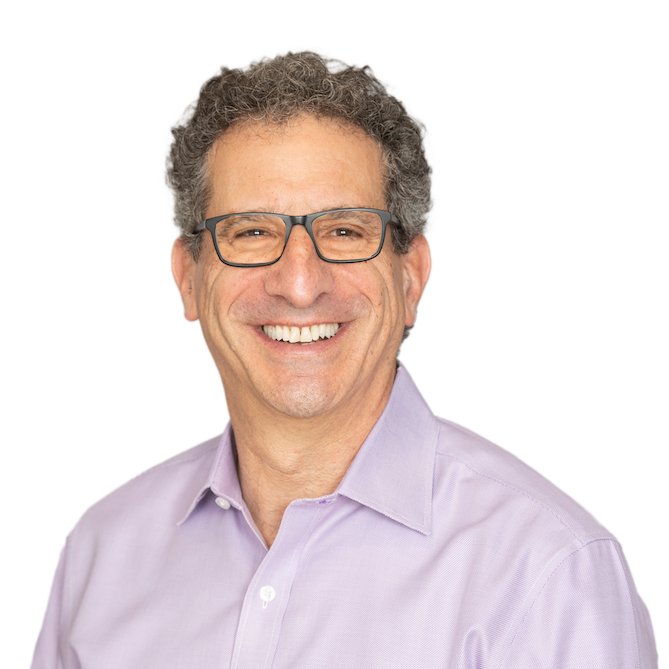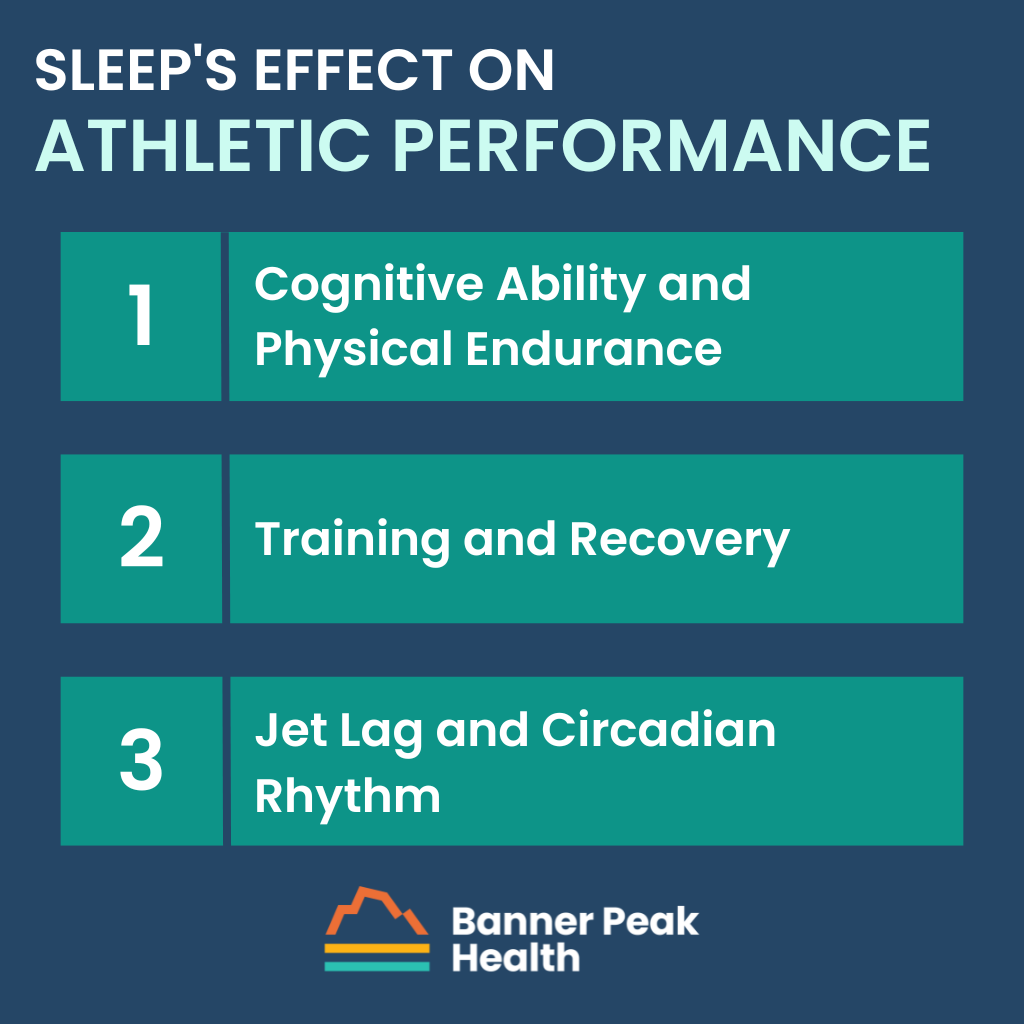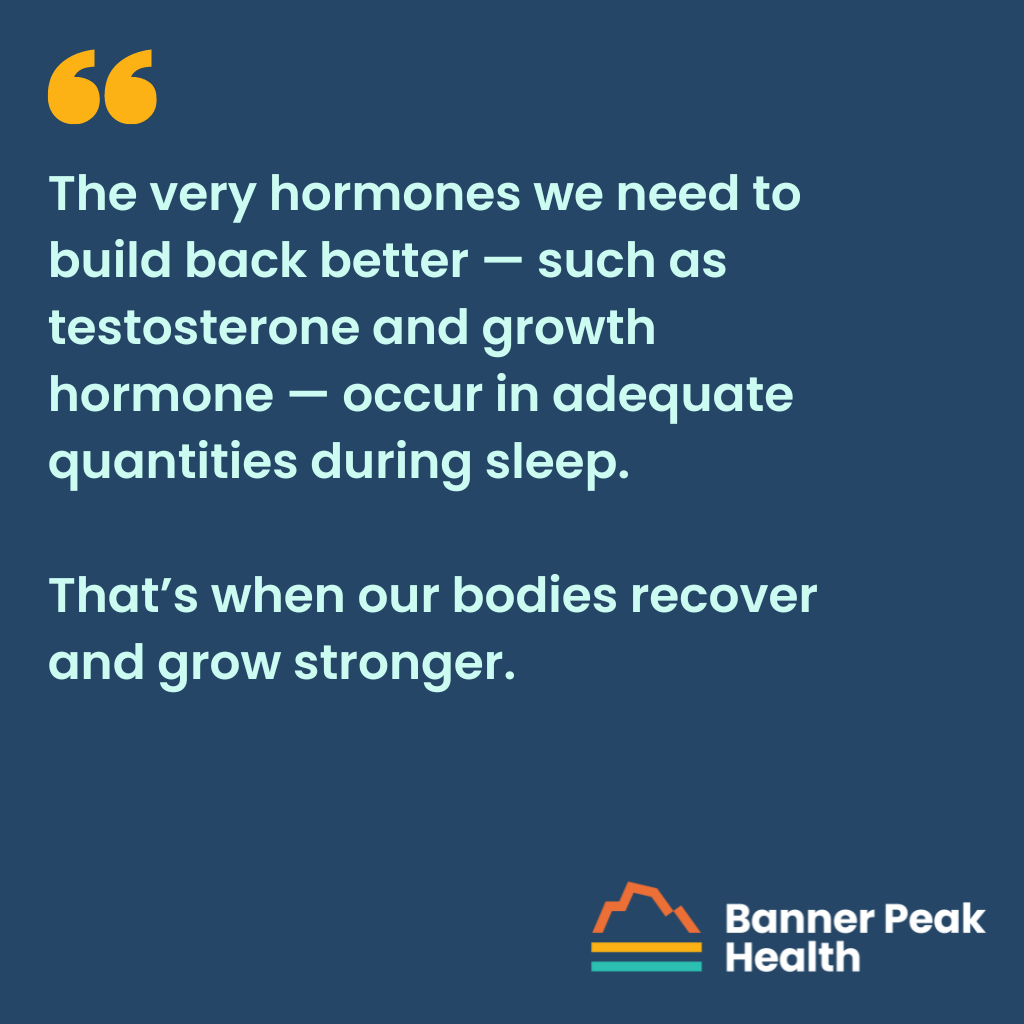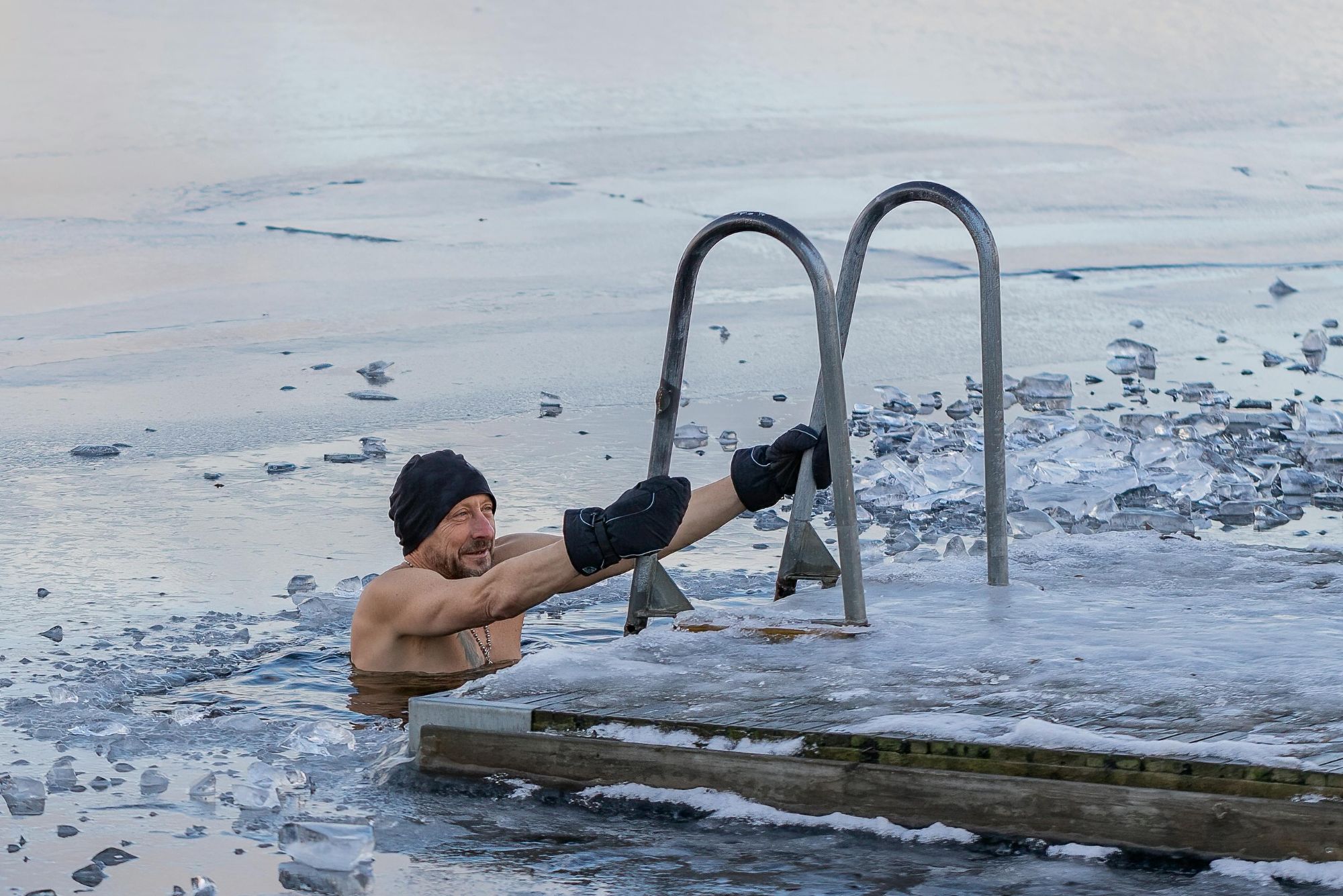We know sleep is vital for all our emotional and physical endeavors — but it’s not enough to just get sleep. We need the appropriate quality and quantity of sleep.
Obstructive sleep apnea — a common form of sleep deprivation which affects 15–30% of men and 10–15% of women in North America — manifests by closing off the airway during the deeper phases of sleep, preventing air from reaching the lungs and oxygen from reaching the brain. This creates an adrenaline/stress hormone surge that prevents us from reaching the more restful stages of sleep.
I spend a good amount of time in the clinic identifying which of my patients are at risk for obstructive sleep apnea and convincing them to undergo testing and receive appropriate treatment.
To help my patients understand the importance and value of treatment — and to aid in my sales pitch — I direct them to literature that demonstrates sleep’s effect on athletic performance.
Sleep’s Effect on Athletic Performance
The following are three ways sleep — or a lack thereof — can affect athletic performance.
Cognitive Ability and Physical Endurance
Golfers will do anything for an edge up.
Golf relies on cognitive abilities to strategize and calculate risk/return, physical endurance for strength and accuracy, and emotional control to manage pressure.
All these abilities can improve with adequate sleep. Data shows a statistically significant improvement in a golfer’s handicap after treatment of obstructive sleep apnea.
Training and Recovery
Let’s look at the fundamental core of fitness and working out. How do we get in shape?
When we exercise, we stress our body — by weightlifting, running, etc. That stress manifests as low-level cellular damage to our muscles. It’s the response to this stimulus, this damage, that allows our body to recover and come back stronger. This is how we build ourselves through training.
As I’ve said before, recovery is the process that makes us physically stronger, not the stimulus.
Sleep is absolutely vital to this recovery. The hormones we need to build back better — such as testosterone and growth hormone — occur in adequate quantities during sleep. That’s when our bodies recover and grow stronger.
Jet Lag and Circadian Rhythm
One potential threat to obtaining the adequate quantity and quality of sleep is jet lag.
Almost every bodily function is regulated by our own internal clock, our circadian rhythm, which is synchronized to our local time zone. With travel, there’s a risk of jet lag and impaired sleep.
In 2013, researchers analyzed over 40 years of NFL games, specifically questioning whether circadian rhythm-induced jet lag influences a team’s performance. They found that for night games played on the West Coast, the home team beat the predicted point spread twice as often.
It’s fascinating evidence linking sleep with the peak performance of professional athletes. It’s also something to keep in mind during your next trip to Vegas: Give yourself an extra day to recover before hitting the casino. You’re welcome.
Today’s Takeaways
- When you’re traveling to compete in an athletic event, be cognizant of sleep’s effect on athletic performance. Do your best to compensate for your circadian rhythm by giving yourself a few extra days to recover before you compete. In other words, you shouldn’t fly to Paris and ride in the Tour de France the next morning.
- Be cautious when you get up early to work out. Patients often ask me whether it’s better to get up early to work out or to sleep for an extra hour. I tell them, “Do both.” If you can get up early to work out and still get enough sleep, that’s fine, but to lose an hour of sleep for an hour of workout isn’t maximizing your potential athletic gain.
- Be open to discussing obstructive sleep apnea with your physician. Diagnosing this disorder and treating it effectively can yield many health benefits, including better athletic performance.

Barry Rotman, MD
For over 30 years in medicine, Dr. Rotman has dedicated himself to excellence. With patients’ health as his top priority, he opened his own concierge medical practice in 2007 to practice medicine in a way that lets him truly serve their best interests.





